Published
7 months agoon
By
Adubianews
Education Minister Haruna Iddrisu has dismissed suggestions that President John Dramani Mahama’s newly launched 24-Hour Economy policy is a mere political catchphrase, describing it instead as a well-grounded plan to tackle Ghana’s enduring economic problems.
Speaking after the policy’s launch, Iddrisu emphasized that the initiative marks a major shift “from slogan to action,” signaling Mahama’s long-standing intention to reduce Ghana’s dependence on imports and boost domestic production. The policy was unveiled alongside an accelerated Export Development Initiative, further underscoring its ambitious scope.
According to Iddrisu, Mahama has been contemplating this vision for more than four years, even while outside government. The pressing need to reverse Ghana’s growing reliance on imports, such as $3 billion on rice, $3.4 billion on cereal grains, $2.6 billion on frozen poultry, and $2.4 billion on sugar, served as a major catalyst for the plan’s rollout.

He noted that the 24-Hour Economy policy is aimed at self-sufficiency, food security, and industrial growth through increased private sector participation. Unlike previous state-led models, Mahama’s vision gives the private sector a leading role, with the government acting only as a facilitator and enabler.
A key highlight, according to Iddrisu, was the appointment of Goosie Tanoh as the technical lead to oversee implementation. Describing him as one of the sharpest minds in the NDC, Iddrisu stressed that Tanoh’s role is crucial to translating Mahama’s vision into tangible outcomes.

He also clarified that the initiative is not a one-off campaign event, but a long-term development strategy driven by conviction and national need.
The Minister concluded by stating that Mahama’s leadership on the 24-Hour Economy plan is proof of his readiness to provide the direction needed to transform Ghana into a productive and resilient economy that can feed itself and rely less on imports.
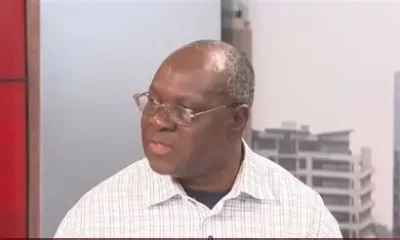

Arthur Kennedy Warns NDC Over Six-Month Resignation Rule for Aspirants
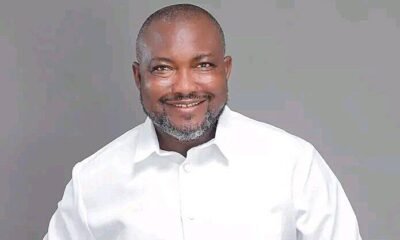

NPP Faces Certain Defeat in 2028 Regardless of Candidate – NDC MP Kyere-Duah


Haruna Iddrisu Engages Google on Using AI to Transform Education in Ghana
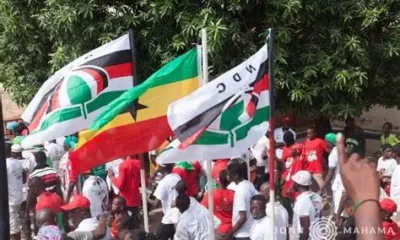

NDC Succession Race Tightens as No Clear Mahama Successor Emerges — Poll
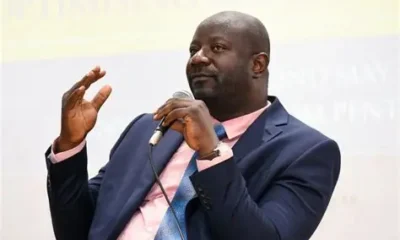

Job Losses Worsening Under NDC — Dr Adomako Kissi
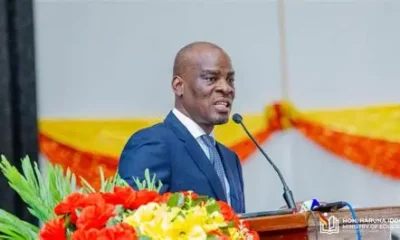

Gov’t Not Responsible for Poor 2025 WASSCE Results – Education Minister
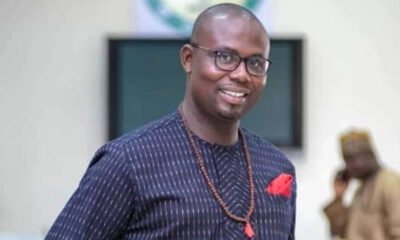

MP David Vondee Urges Support for NDC as New Development Projects Begin in Twifo-Atti-Morkwa
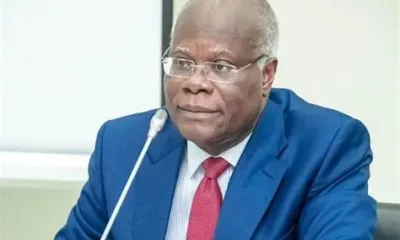

Former MP, K.T. Hammond Says NDC Cannot Fix Economy in Just 10 Months


Education Minister Warns Headteachers Against Unapproved Fees

























